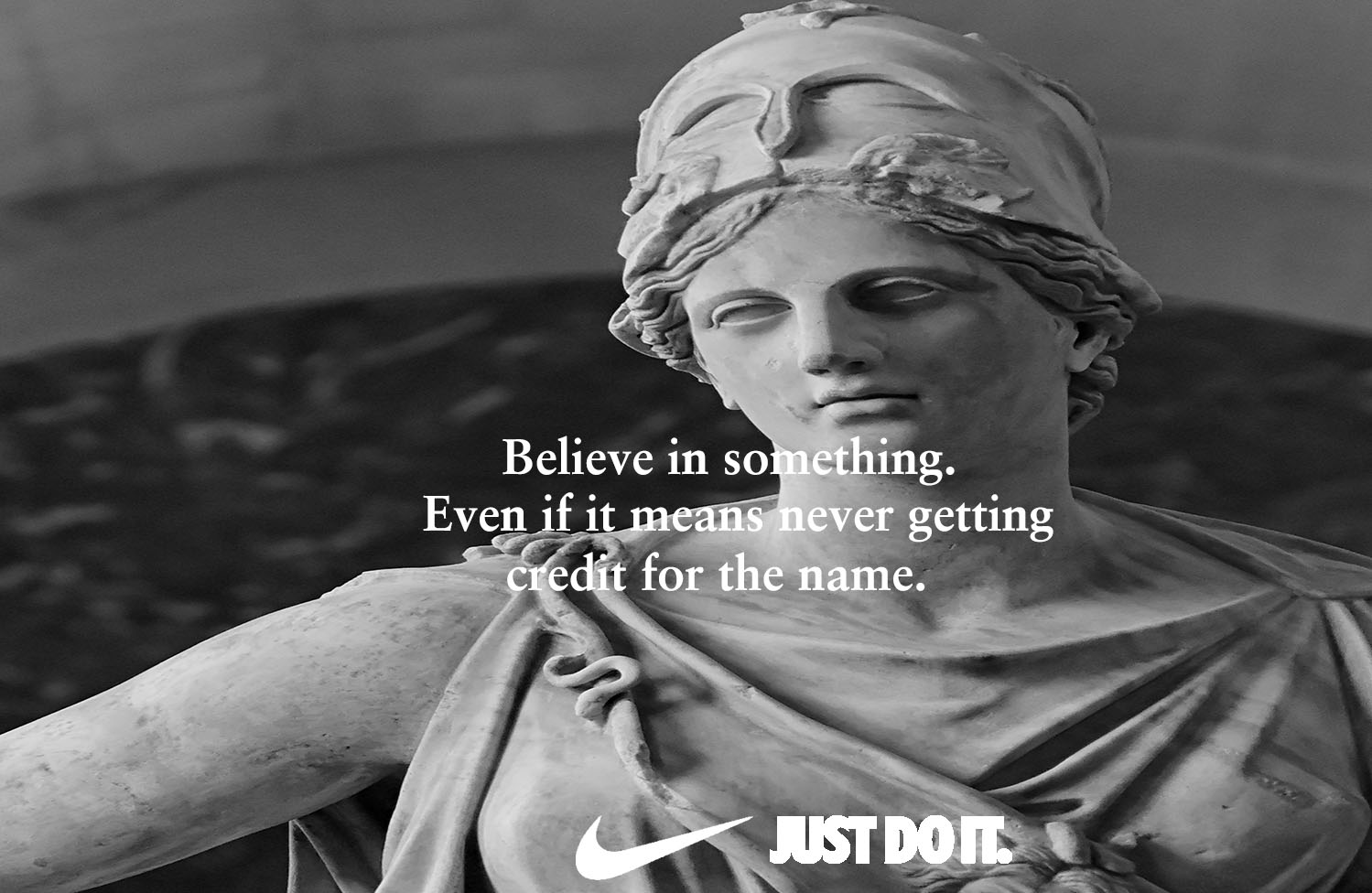“A shoe must be three things,” Nike (NKE) co-founder Bill Bowerman proclaimed. “It must be light, comfortable and it’s got to go the distance.” In the late 1950s, Bowerman was displeased with the current track shoe market. Shoes were made of heavy leather, metal, and were anything but soft and comfortable. As a track coach for the University of Oregon, revered both then and now as an elite running school, Bowerman was obsessed with helping his runners slash seconds of their times.
He first began dismembering running shoes in the 50’s, when he wrote to several shoe companies with suggestions for improving their footwear to improve quality for runners and walkers alike. He received no responses, but Bowerman never slowed.
One of the first student-athletes to try a Bowerman original was Phil Knight, the eventual founder of Nike (NKE). As to why Bowerman chose him, Knight admitted that “he wasn’t one of the best runners on the team. Bowerman knew he could use me as a guinea pig without much risk.” Bowerman made every shoe to the exact dimensions of a runner’s foot, measuring widths and noting individualities, such as extended heel or slim ankle. As for raw materials, nothing was out of the question. Bowerman used kangaroo leather, velvet, deer hide, snakeskin, and even fish skin, in pursuit of the perfect track sneaker.
“Most American shoemakers are not interested in what we track coaches think about track shoes. The best shoes…at this time are made by the Germans. Their sole material is not too good and I can either replace their sole or I can make my own shoe. I don’t think there is any question, certainly, in my own mind there is not, that I now have the best shoe in the world — if I could just find some good American shoemaker to make it.”
–Bill Bowerman Co-founder Nike 1960
Bowerman would eventually find a good American shoemaker, or better yet, he would become the shoemaker he sought out. Partnering up with his former student-athlete, Phil Knight, the two running enthusiasts would eventually start Blue Ribbon Sports and years down the line, Nike.
Fast forward fifty-four years and Nike (NKE) one of the most well-known brands in the history of retail. It’s legacy as a brand is built on decades of gold-medal athletes, unparalleled innovation for high-performance shoes, and a keen eye for the next big thing.
“In our view, Nike (NKE) represents an already dominant, legacy global brand that is now aggressively embracing the power of digital to enhance most facets of its business,” analyst Brian Nagel said on Thursday. Nagel, an analyst for global investment firm Oppenheimer, upgraded Nike (NKE) to “Outperform” from “Perform” based on the firm’s rubric for investment success.
Nike’s shares have been red-hot this year, soaring 23% in 2018. The brand’s stock is outperforming the S&P 500, which climbed a measly 6% in the same timespan. Bullish growth forecasts for the global sportswear brand are not without competition, as rival Adidas AG (ADDYY) reports that its last quarter sales in North America, a region where the brand is beating Nike to the punch somewhat consistently, shot up 7% to nearly $1.3 billion.
In an effort to stay fresh and keep moving forward, Nike commemorated the 30th anniversary of its legendary ‘Just Do It’ campaign by selecting Colin Kaepernick, a former NFL quarterback whose decision to kneel during the national anthem spurned nation-wide outcry. Kaepernick refused to stand in support of a nation wrought with police brutality and social injustice, and the very notion of challenging the norm is in Nike’s lifeblood.
Despite various criticisms from the media and President Donald Trump, the 30th-anniversary campaign has generated an increase of 31% more online sales in the days following the ad, as well as 170,000 new followers on Nike’s official Instagram. Since the launch of the campaign, Nike’s shares have risen 6.5%, adding roughly $6 billion to the company’s market value.
Phil Knight and Bill Bowerman had a vision for their company. It was never about becoming a global icon, no, it was much simpler than that. Knight and Bowerman believed in investing in the future of athleticism. At the very end of Nike’s commercial featuring Kaepernick, the former Superbowl-winning quarterback leaves consumers with a line:
“Believe in something, even if it means sacrificing everything.”





